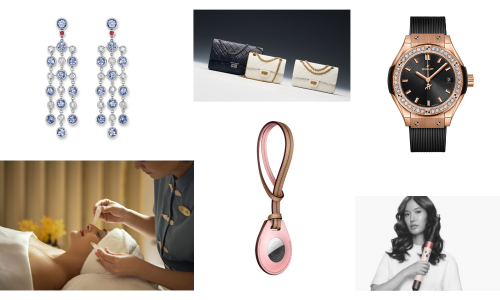A new study presented at the WEF in Davos concluded Generation Z is the most significant age group. They have little use for the rarefied world of private banking.
There are many clichés attached to Generation Z, the young people born between 1997 and 2012. In this respect, the study presented by Oliver Wyman, a consulting firm also active in Switzerland, at the WEF in Davos reveals an interesting. The report paints a picture of an age group of nonconformists rebelling against being assigned to a stereotype.
This makes it all the more difficult for companies to reach Gen-Zers. They frequently change their preference and have little loyalty to companies and brands. Less than a third of respondents said they would go back to a previously preferred brand for new products or services.
More than 60 percent would consider other options even if they already have a favorite brand.
Earning Trust
To get Gen Zers to open their wallets, their trust must first be earned, write the consultants, who spent two years compiling the study. This isn't limited to just consumer products, but also to banks that are interested in the portfolios of the new generation. Private banking in particular, with its time-honored noblesse and luxury, will have to rethink its approach.
Generation Z wants brands that honor their difference and support the fight against rigid gender norms, beauty discrimination, and climate change, according to Oliver Wyman. More than 90 percent said they are willing to pay more for brands supporting causes they care about, compared to 79 percent of older generations.
One in five Gen Zer said they would switch brands if they found a company's values didn't align with their own.
Acne and All
In purely numerical terms, this carries weight. With a share of 25 percent of the world's population, the generation is the most significant, ahead of Millennials at 23 percent, Generation X comprising 19 percent, and Baby Boomers at 14 percent. The study assumes that in ten years, Gen Z will be the age group with the most purchasing power.
«Keep it real,» is one of the main recommendations contained in the report. Generation Z-ers have had online access for most of their lives and know perfection is not possible, instead preferring to engage with brands and influencers who are real, «acne and all,» they write. Communication that isn't afraid to show the imperfection and unpredictability of daily life goes down well with this demographic.
Purpose, Not Empty Talk
Perhaps most importantly, companies can't fool this generation. Advertising campaignes and products conjuring up pretty images but don't have concrete measures against issues such as greenwashing don't work. They recognize marketing gimmicks and won't hesitate to turn their back on a company or brand making false claims.
Companies need to be clear about their mission and values, and live them. The call for «purpose» of a company, often ridiculed in banking, should be taken very seriously. Those who ignore this do so at their peril if they aim to win this generation as their clients.
























